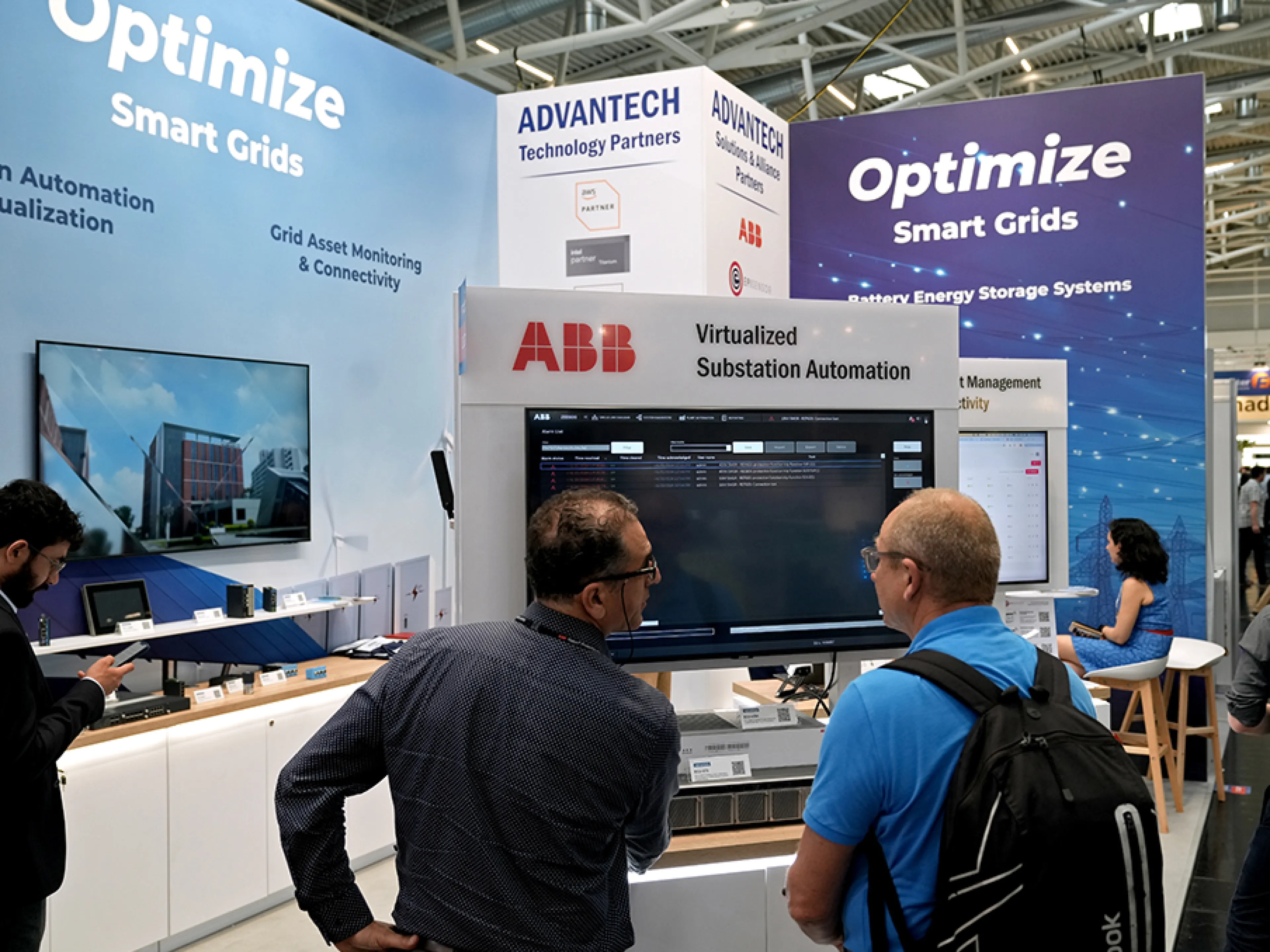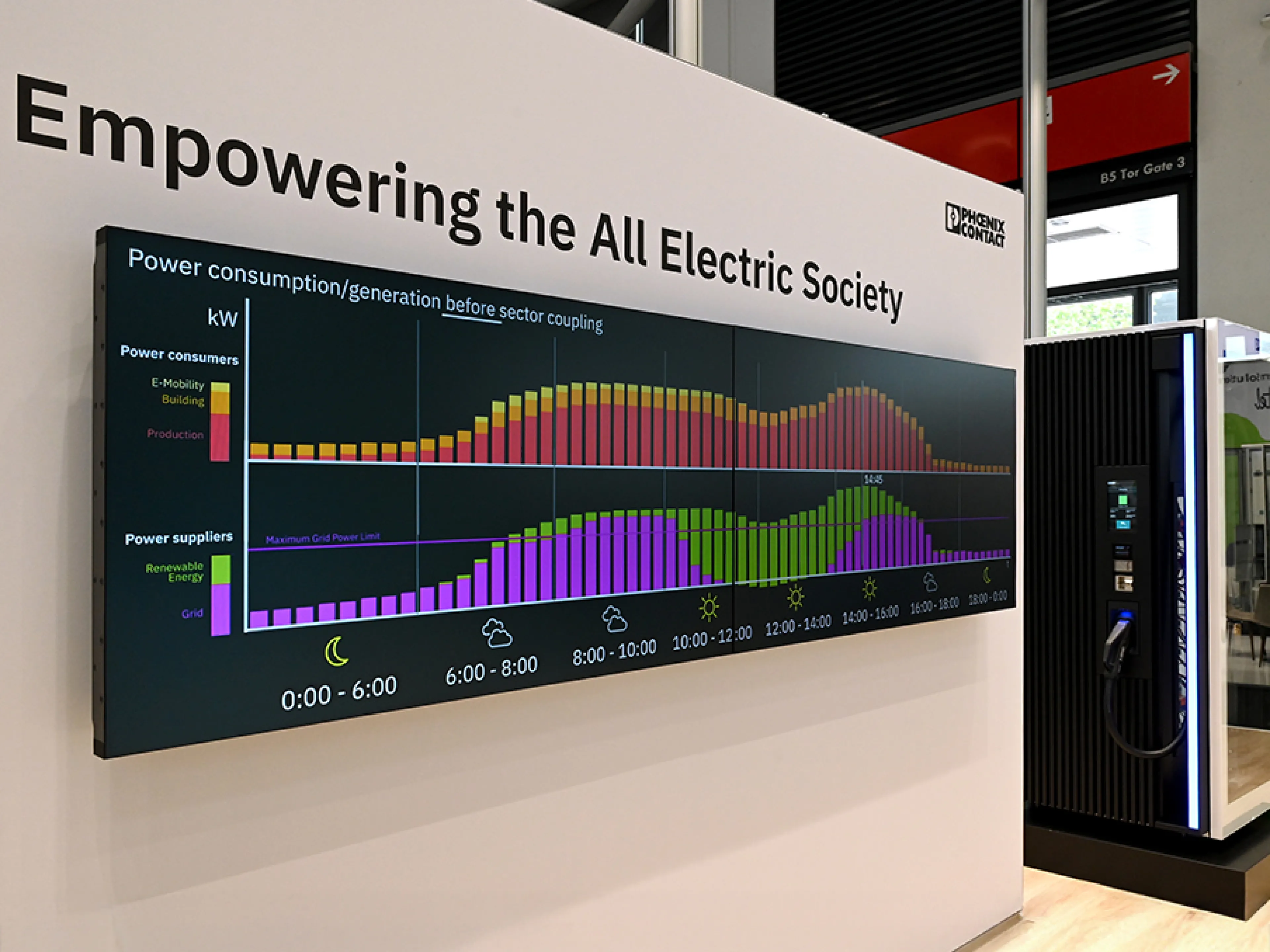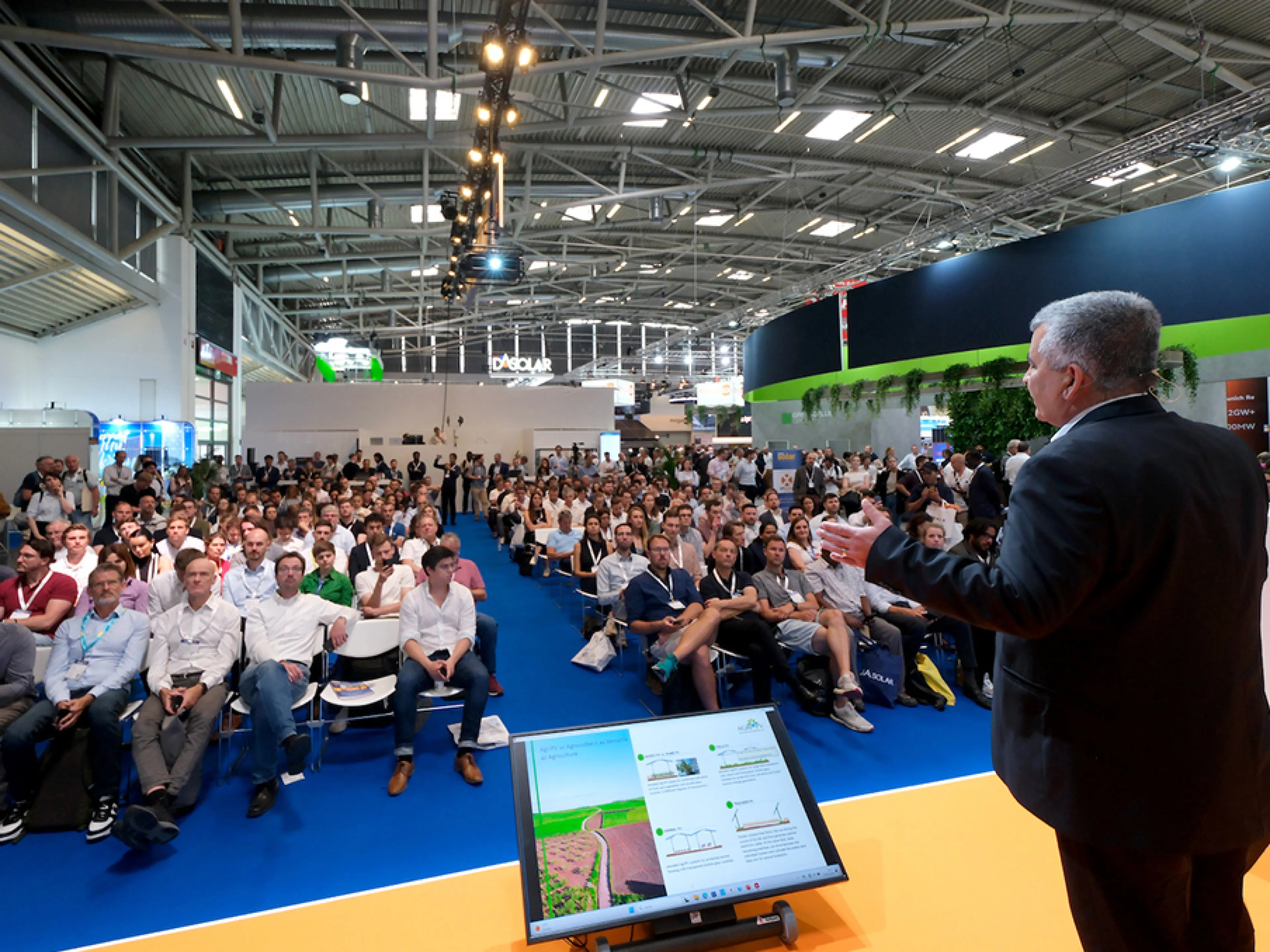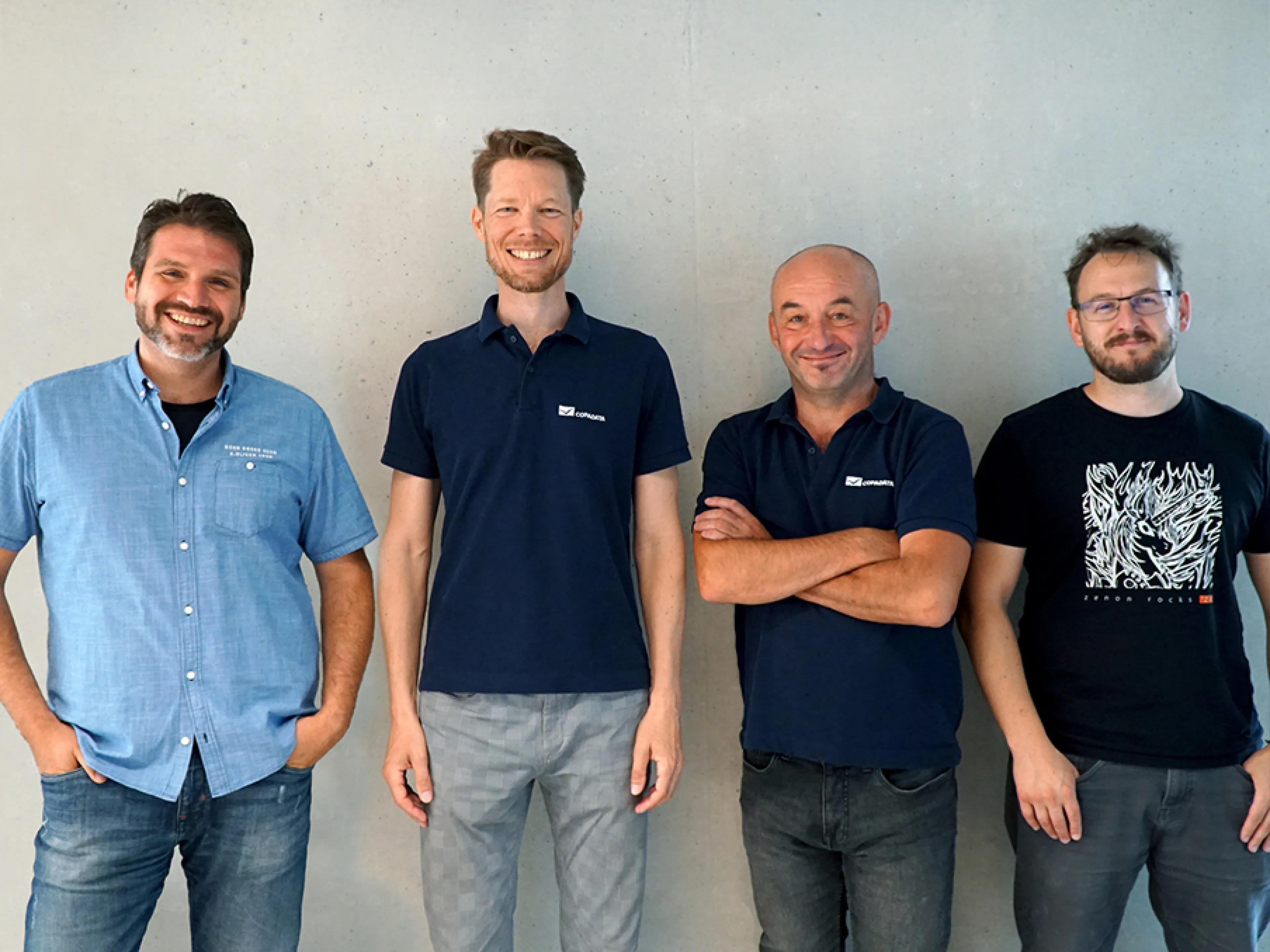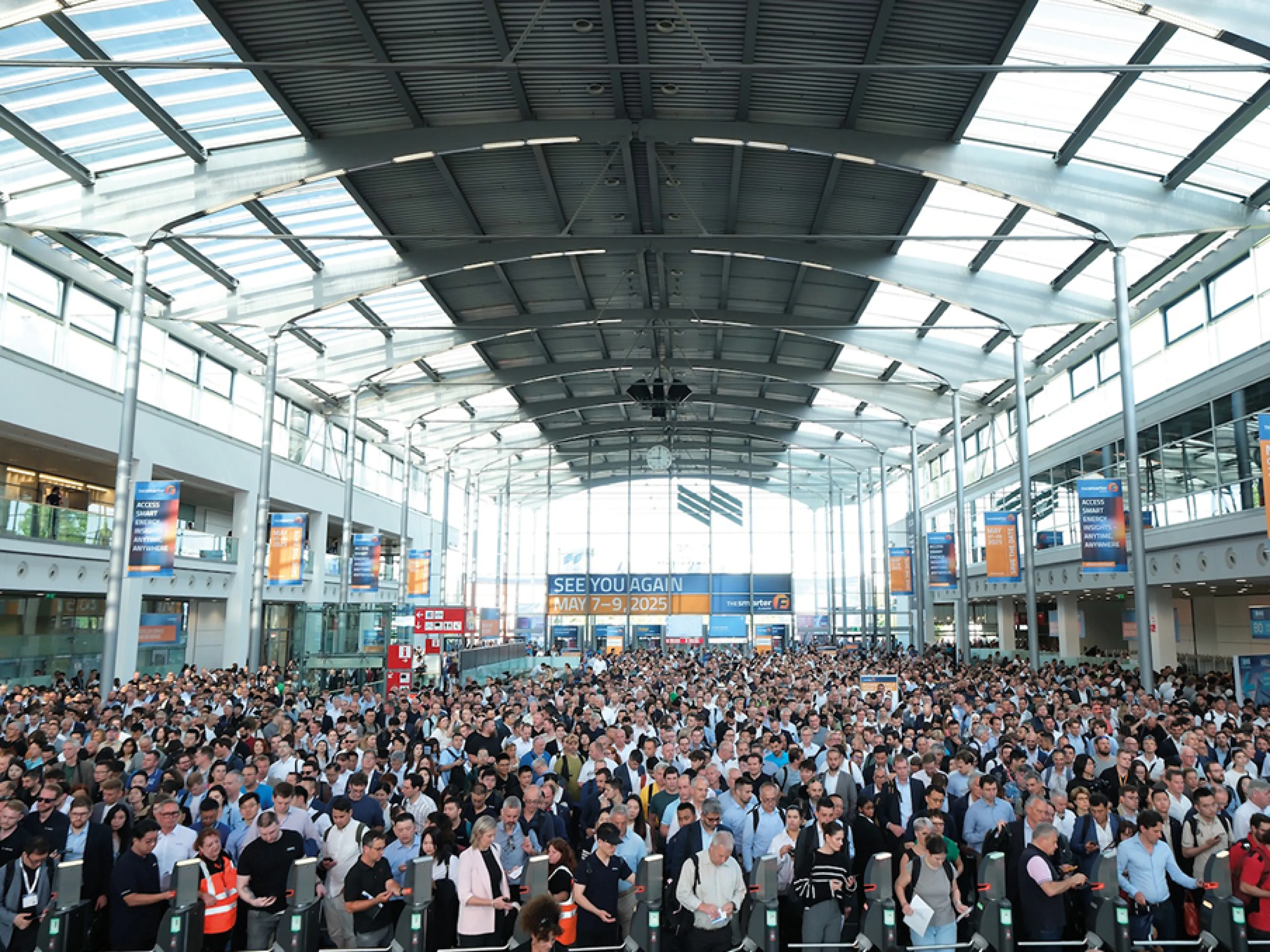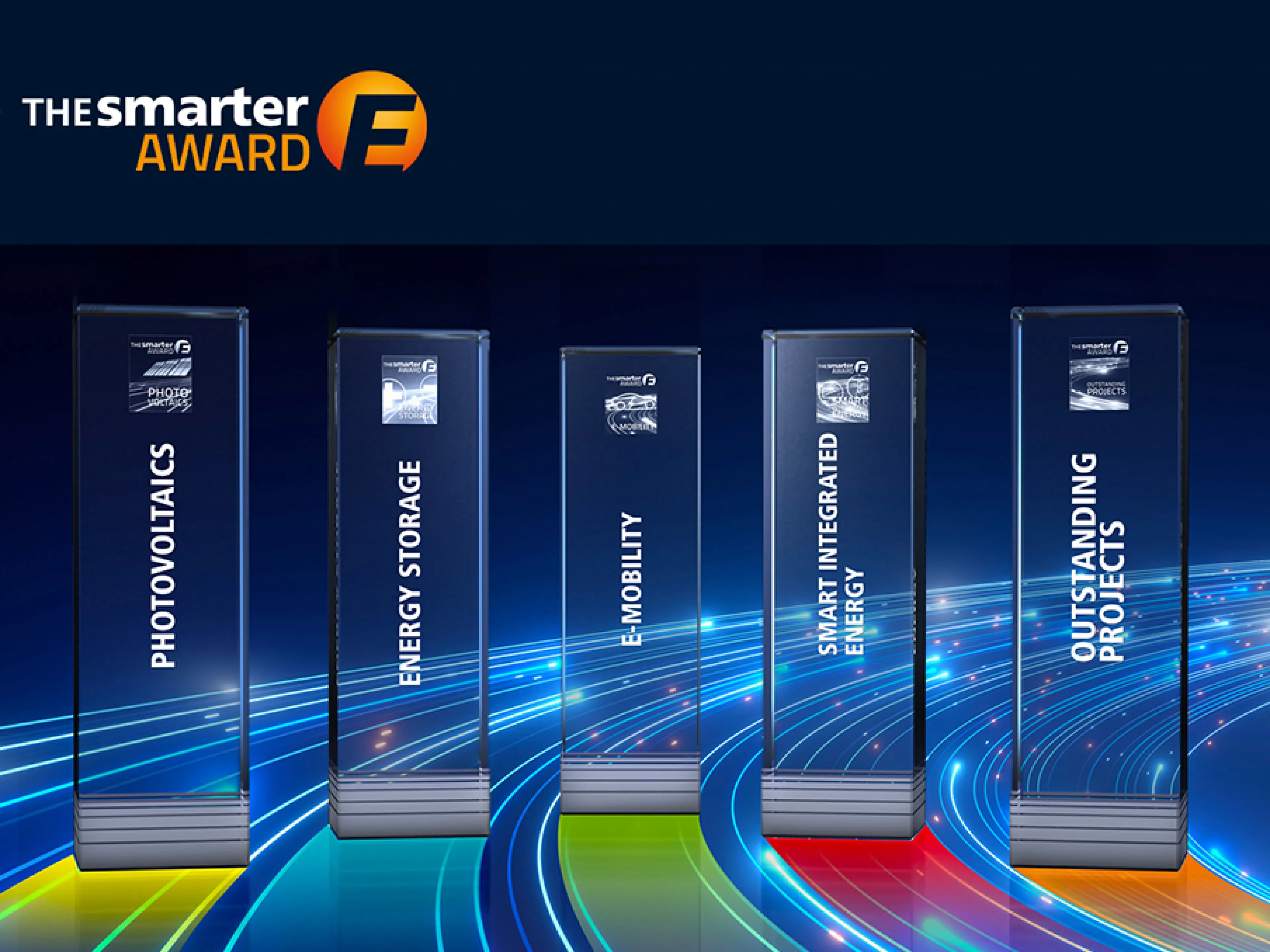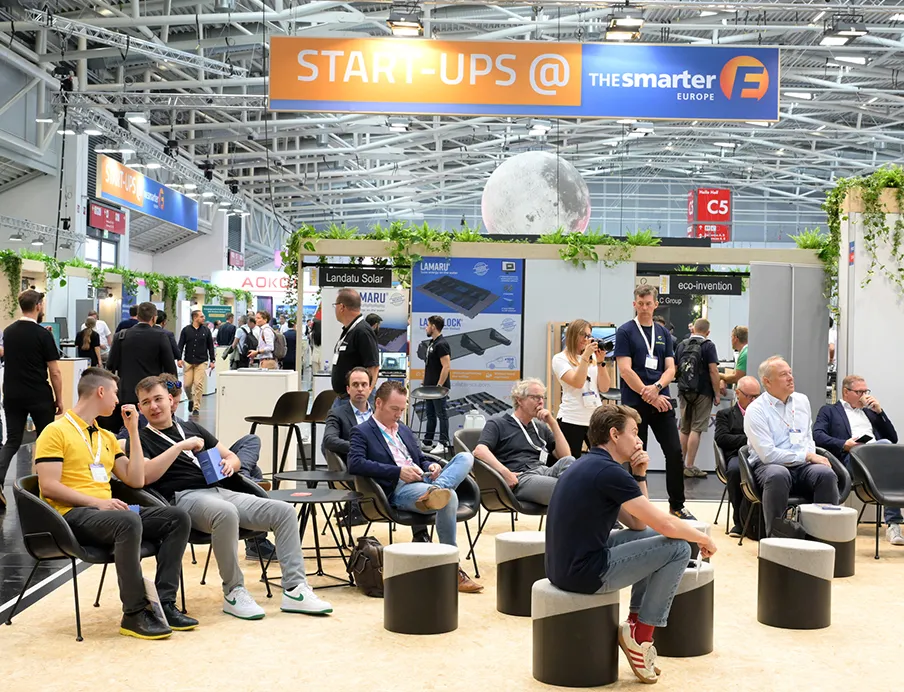
The flexibility market is becoming increasingly important in the electricity industry. There are two reasons for this: On the one hand, more and more electricity from volatile renewable energies is available and needs to be integrated into the grid. On the other hand, the increasing digitalization of electricity grids means that decentralized market participants can also generate revenue through flexibility. This development is clearly reflected in the spectrum of start-ups at EM-Power Europe in Hall C5. The trade fair for energy management and networked energy solutions will bring together movers and shakers, thinkers and decision-makers, global players and young companies in Munich from May 7 to 9, 2025.
Start-ups offer their customers the opportunity to maximize profits from electricity generation, storage, and consumption through intelligent control of plant portfolios. This is achieved by exploiting price fluctuations on the spot markets or by providing system services that are remunerated by the grid operators. The business model of many start-ups is to offer their customers low-threshold access to flexibility markets via intelligent software platforms, for example through innovative software that runs on existing hardware.
Smartphones model: controlling all consumption with a single device
Spine aims to intelligently control decentralized generation and consumption. The company was founded in Munich in February 2024 by three partners who previously held senior positions in solar companies. They describe themselves as “renewable energy enthusiasts.” Their focus is on a software platform for energy applications that runs locally in the meter cabinet on a control box. This platform can be used to install applications for grid-oriented control as well as market-oriented control, for example in combination with dynamic electricity tariffs. What makes it special is the newly created option of controlling all applications via a single device.
“You have to think of it like a smartphone, where different applications run on one piece of hardware,” explains co-founder and CEO Martin Stötzel. After all, it doesn't make sense to install a separate box in every meter cabinet for each application, each of which only performs specific functions. That costs time, money, and space in the meter cabinet. Spine's target group is energy suppliers and electricians who want to offer their customers intelligent control of heat pumps, wall boxes, and storage systems. Their target groups, in turn, are commercial and residential properties with larger buildings.
Market-based adjustment also for small producers
Market-based control can also generate additional revenue for electricity producers. Bohr Energie, based in Puygouzon, France, is active in this segment. The company manages the optimization of generation based on market signals for operators of photovoltaic, hydro, and wind power plants as well as battery storage systems. Four partners founded the start-up in 2020, two of whom come from the energy wholesale sector and two from the field of renewable energy generation. Until now, the company has only been active in France, but is now looking to enter other European markets.
Bohr Energie acts as an aggregator, bundling small services to enable them to operate on the market. The company emphasizes that small power generators could also benefit from this: “Our offering is aimed at all producers from 500 kilowatts upwards,” says Julien Haure, president of the company. Remote management of the plants avoids losses associated with negative prices, for example, and maximizes the value of electricity production. Plant operators can access the data at any time via an app. Haure highlights the low entry-level capacity in particular as a unique feature of Bohr Energie compared to its competitors.
Revenue from the sale of reactive power
A start-up in Berlin is serving a market that is still in its infancy. Founded in 2025, the company aims to enable operators of photovoltaic and wind power plants and battery storage systems to generate additional income by selling reactive power. This business model has become possible because the provision of reactive power is now being put out to tender by transmission system operators and large distribution system operators, meaning that it is no longer provided as standard by the power plants of the established electricity industry. All electricity generators or storage facilities that feed into the 110-kilovolt grid and above can participate. Reactive power can be generated by accessing the frequency converter control system of the generation plant. Blindleister has developed cloud-based software that enables plants to utilize and maximize their potential for grid services. The company connects the decentralized plants to form a virtual reactive power plant. Co-founder and CEO Niklas Reinhardt explains: “Generally, you do not have to retrofit any hardware to the system.”
Network security at the micro and macro levels
Increasing digitalization in the electricity industry requires increasingly sophisticated IT security solutions. Founded in 2020, Narrowin, based in Liestal, Switzerland, is a provider of security and network technology for companies and institutions that require special protection for their IT and OT networks as critical infrastructure. OT stands for operational technology, i.e., networks of sensors and actuators that monitor and control systems and processes. In addition to energy suppliers, system-relevant facilities such as hospitals are also targeted.
One of Narrowin's products for micro-level protection is a network diode, a mini firewall that can be connected between the end device and the network as a plug-and-play device. It can, for example, provide bidirectional protection for a transformer station in the power grid. This prevents malware from entering vulnerable systems in the transformer station from the network and also prevents attacks from entering the network via the transformer station, e.g. from a technician's laptop. A product at the macro level is the Network Explorer, a software that provides a quick and deep insight into the existing network. It visualizes and characterizes the topology of a network, collects information about network devices and hosts, and helps identify measures to improve the security and stability of the network. Tim Senn, co-founder of Narrowin, explains: “The software helps to understand the network of sensors and actuators, segment it, and troubleshoot malfunctions more quickly.”
Experience start-ups live at EM-Power in Hall C5
All of the companies presented are part of the Start-up Area in Hall C5, the meeting place for young companies with solutions for the future of energy. Visitors will have the opportunity to talk to the teams from Spine, Bohr Energie, Blindleister, and Narrowin in person, learn about technologies, and gain new inspiration for their own projects. Around 150 start-ups will be presenting their fresh ideas for smart grids and energy management across 4,000 square meters. EM-Power Europe and the parallel events Intersolar Europe, “ees Europe” and “Power2Drive Europe” will take place at the Munich Trade Fair Center as part of “The smarter E Europe,” Europe's largest trade fair network for the energy industry. The organizers expect around 3,000 exhibitors and more than 110,000 visitors to attend the four trade fairs.
